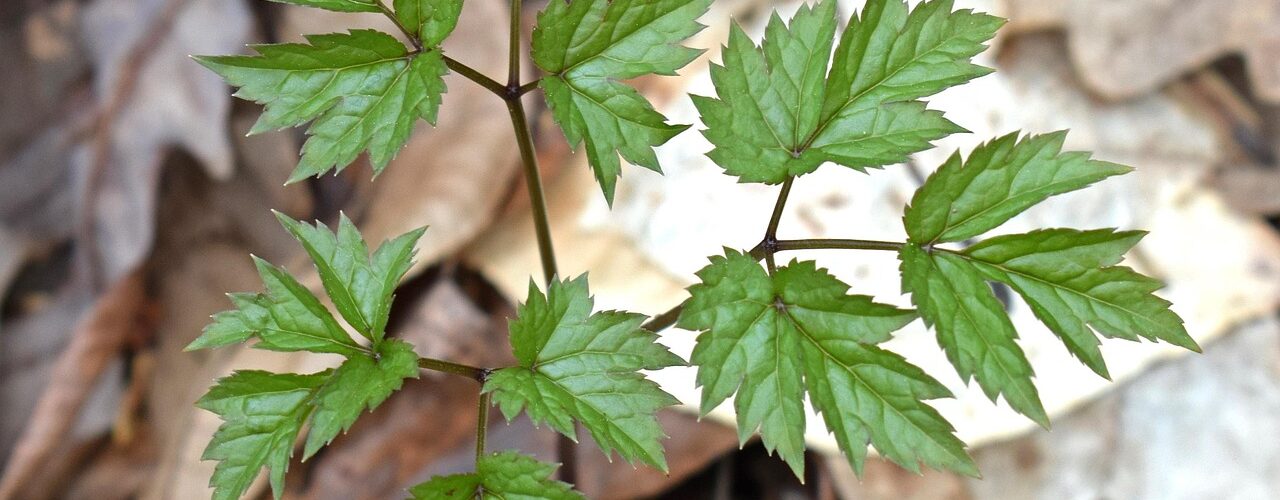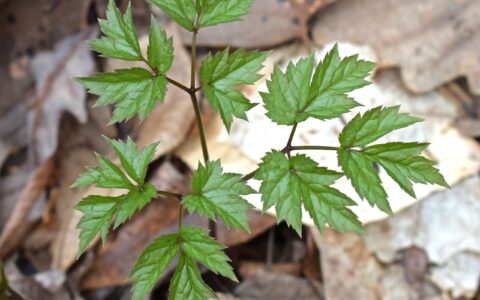Managing Perimenopause Naturally: A Concise Guide
Using Herbs and Lifestyle Factors to Manage Perimenopause Naturally
Perimenopause, the transitional phase leading to menopause, often starts in a woman’s 40s, bringing symptoms like hot flashes, irregular periods, and mood swings due to hormonal shifts. Many women facing symptoms prefer natural remedies over hormone therapy. Here’s how to manage perimenopause naturally with herbs, diet, lifestyle, and more.
Top Herbs and Supplements
These natural options may ease perimenopause symptoms:
- Black Cohosh: Reduces hot flashes and night sweats (strong evidence).
- Red Clover: Supports heart health with mild hormonal effects.
- Red Ginseng: Boosts mood and energy, may lessen hot flashes.
- Chasteberry: Helps with mood swings and irregular cycles.
- Evening Primrose Oil: May improve skin and mood (mixed evidence).
Consult a doctor before use of any of these herbs due to possible interactions.

Seed Cycling Basics
Seed cycling is a traditional practice that uses seeds to balance hormones:
- Days 1–14: 1–2 tbsp flaxseeds and pumpkin seeds (supports estrogen).
- Days 15–28: 1–2 tbsp sesame and sunflower seeds (supports progesterone).
While not scientifically studied, many women find it helpful.
Diet for Hormonal Health
A nutrient-dense diet can help to ease symptoms:
- Fruits & Veggies: Fight inflammation (e.g., berries, greens).
- Whole Grains: Stabilize mood (e.g., quinoa, oats).
- Healthy Fats: Aid hormones (e.g., avocado, nuts).
- Phytoestrogens: Balance estrogen (e.g., soy, flax).
Try a Mediterranean-style diet for added benefits.
Lifestyle Tips
- Exercise: Mix cardio and strength to reduce hot flashes, maintain muscle mass, and increase bone density.
- Stress Relief: Yoga or meditation to calm hormones.
- Sleep: Stick to a routine for better rest.
- Limit Caffeine/Alcohol: Avoid triggers for hot flashes.
Avoid Environmental Toxins
Xenoestrogens in plastics and products can disrupt hormones. Reduce exposure by:
- Using glass containers.
- Choosing natural, paraben-free products.
- Eating organic foods.
Final Thoughts
Managing perimenopause naturally should be a holistic endeavor, combining herbs, diet, and lifestyle tweaks. Start early and consult an experienced professional to personalize your plan. It is important to remember that each woman is unique and will require a customized approach.
Want to learn more? Check out the full article at the School of Christian Herbalism website.
Want to read about the science behind managing perimenopause naturally? Then read my Substack article on the subject.
Ready to study herbal medicine on a deeper level?
Sign up for our premier herbal medicine course at the School of Christian Herbalism.
Be your own…
- Be your own medic
- Be your own farmacist
- Be your own farmer
Legal Disclaimer and Disclosure:
The information offered in these lectures and on the websites, handouts, and podcasts is for educational purposes only. Neither the School of Christian Herbalism nor Vas Avramidis nor any of its affiliates makes any medical claim, nor intends to diagnose or treat medical conditions. Women who are pregnant or nursing, and persons with known medical conditions, should consult their licensed health care provider before taking any herbal product. Links to external sites are for informational purposes only. Neither the School of Christian Herbalism, nor Vas Avramidis, endorses nor is in any way responsible for their content. Listeners and readers must do their own research concerning the safety and usage of any herbs or supplements.

